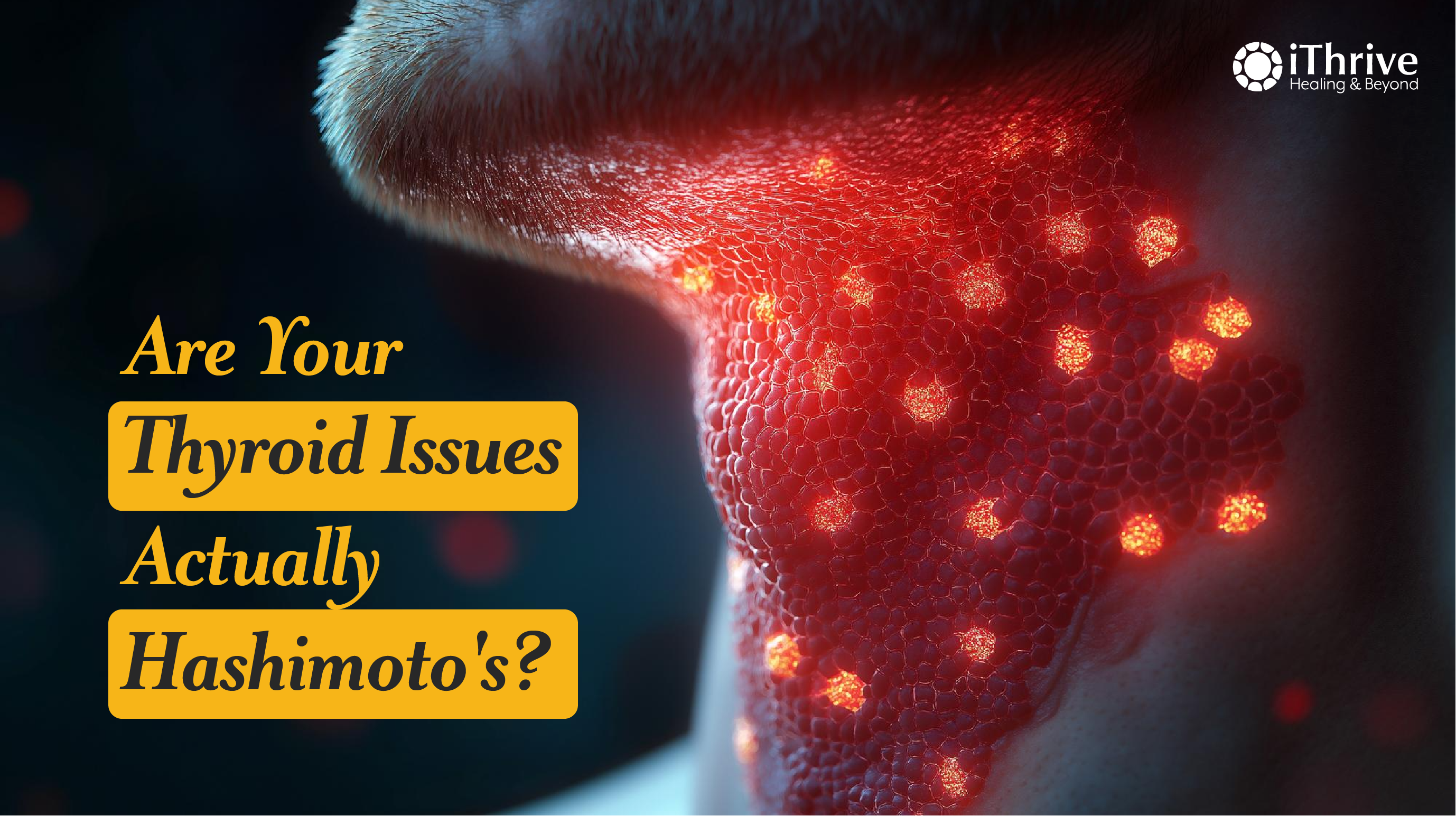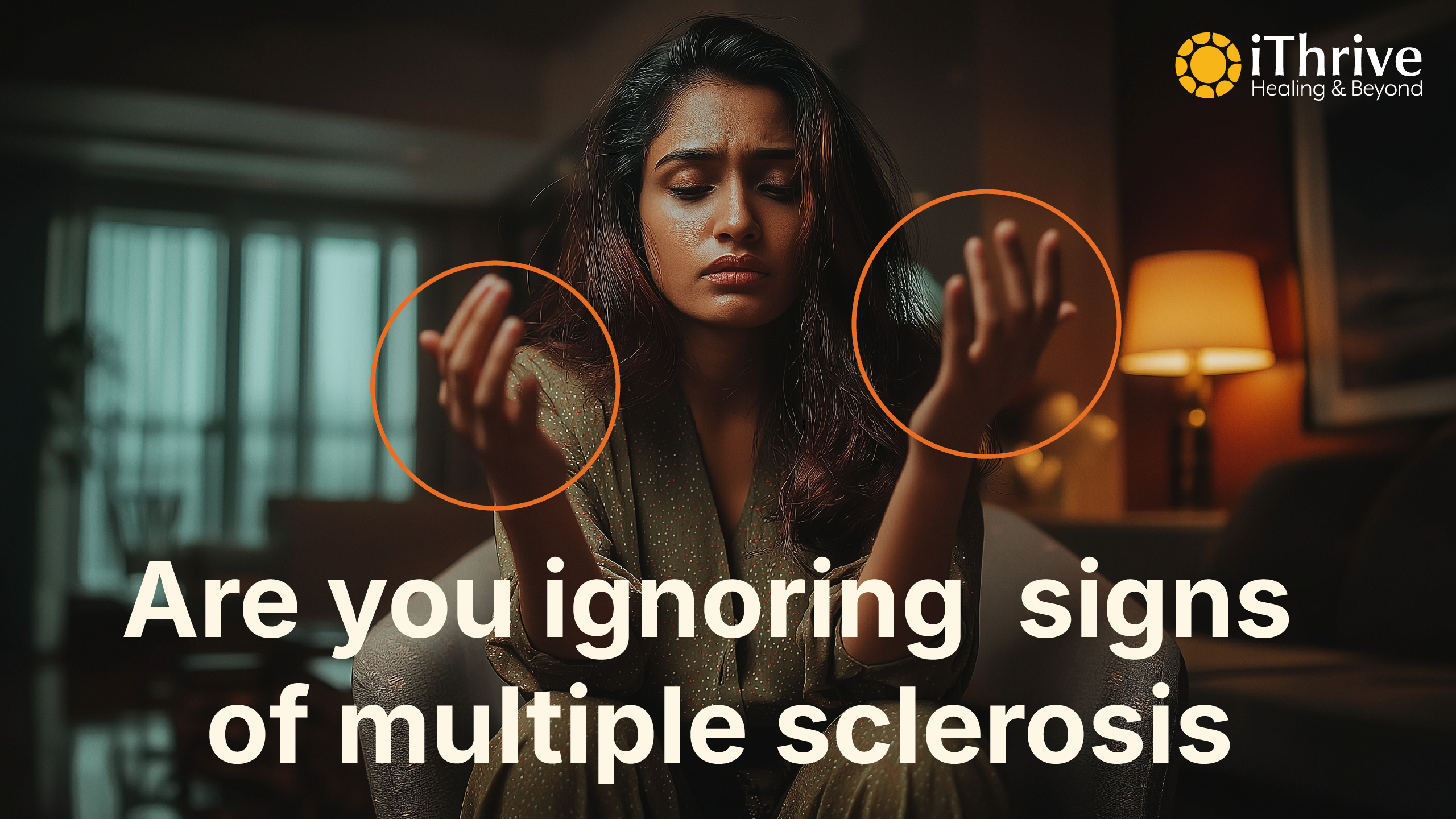Do you also feel you are a victim of raised, red, scaly patches on the skin usually called skin rash? Then there are the symptoms of Psoriasis, a chronic skin condition. When the immune system is overactive, it accelerates the development of skin cells, which leads to rapid build-up and inflammation known as plaques. Different body parts like the scalp, elbows, and knees are affected by Psoriasis. It can also lead to psoriatic arthritis. Some people mistake these symptoms for Eczema but you need to know that Psoriasis and Eczema have much in common. Hence, people usually get confused between them. Eczema rashes tend to affect skin folds and be itchier.
Global Impact of Psoriasis
Around 2-3% of the global population seems to be in the clutches of Psoriasis, which is around 125 million people worldwide. In 2019, reports stated that there were 40.8 million cases worldwide. There has been a 20% drop since 1990. It was discovered that the age-standardized incidence rate per 100,000 people varied significantly by region.2 The highest rate of the age-standardized incidence rate of psoriasis was found in high-income countries and territories and vice versa was found in low SDI countries as they reported the lowest rate. Psoriasis is most common in people aged 60 to 69, and it is almost equally found in men and women.
What's the Difference Between Eczema and Psoriasis?
If you have an itchy, dry rash, then it might be easy to be confused between the two. Eczema and Psoriasis lead to rashes that come and go, these are called flare-ups. 1 Sometimes it takes months or even years for these flare-ups to go. These two even have similar appearances. But do you know the difference between these two and how deep is Psoriasis skin deep? If not, then let’s examine it bit by bit. Here is the difference between psoriasis versus eczema:

What are the Types of Psoriasis?
Psoriasis is a chronic autoimmune condition that accelerates skin cell turnover, causing the skin's surface to rapidly accumulate skin cells. It can be caused due to a combination of genetic predisposition and environmental triggers. There are different types of Psoriasis such as
1. Plaque psoriasis
The most common psoriasis is Plaque, affecting 80-90% of the individuals suffering from Psoriasis. It presents itself as red patches, raised with silver-white scales. The scalp, trunk, and limbs—particularly the elbows and knees—are where these plaques typically grow on the body in a symmetrical pattern.2
2. Guttate psoriasis
If you have small, drop-shaped spots that look red on the torso or limbs. It is common in children and young adults and it might get triggered by a strep throat infection.
3. Inverse psoriasis
These are present beneath the breast or in the groin armpits, appearing to be smooth, red patches in folds of skin. Sweating and rubbing can trigger it and make it worse.
4. Pustular psoriasis
Pustular psoriasis is characterized by pus- filled bumps called pustules surrounded by red skin. It usually targets feet and hands, but there is a form that covers most of the body. It can get triggered by infections, stress, medications or certain chemicals.
5. Erythrodermic psoriasis
This is a rare type of psoriasis that is differentiated by red, scaly skin over most of the body. A bad sunburn or certain medication can trigger it. It is usually found in people who struggle with different types of psoriasis that are not well controlled. Erythrodermic psoriasis can turn out to be very serious. 2
6. Scalp Psoriasis
It is a non-contagious skin condition that is chronic. It develops thick and scaly patches on the scalp and sometimes the surrounding areas.
What are Psoriasis Risk Factors?

The exact cause of psoriasis is unclear but it can be triggered by environmental factors and can also be caused by family history. Here are the risk factors for psoriasis that can help individuals at high risk manage the condition easily-
1. Genetic factors
Having a family history of psoriasis can increase your chances of developing it. The lifetime risk of psoriasis can be 14-28% if one parent has it. If both of the parents have it, then the risk increases up to 40-65%. If your sibling has it then it elevates it further. Psoriasis has been linked to genetic mutations, such as those in the CARD14 gene, albeit not all people who have these mutations go on to get the condition.3
2. Medications
It is recognized that certain drugs might contribute to or worsen psoriasis disease symptoms. These consist of:
- Beta-blockers
- Lithium
- Antimalaria drugs
- Indomethacin
3. Lifestyle factors
Even small changes in lifestyle can trigger psoriasis-like-
- Smoking
- Obesity
- Alcohol Consumption
- Hormonal Changes
4. Environmental triggers
Psoriasis can be triggered due to environmental factors in predisposed individuals such as
- Weather Conditions
- Skin injury
- Stress
5. Infections
Psoriasis can be triggered because of varied infections like streptococcal throat infection. Infections like HIV may also increase the severity or risk of the condition.
6. Immune system dysfunction
Psoriasis is predominantly an immune-mediated condition in which healthy skin cells are mistakenly attacked by the immune system, causing a rapid turnover of skin cells. Environmental variables and genetic predisposition both have an impact on this dysfunction.
Psoriasis and Skin Color
Psoriasis varies from skin to skin, it looks different on different skins. On darker skin types, Psoriasis may look dark brown, purple, violet, or salmon with grayish scales. It looks red with silver scales on top of lighter skin. Additionally, during a flare-up of psoriasis, some people with darker skin may develop post-inflammatory hyperpigmentation, a change in skin tone that can take months to recover. Individuals of color with psoriasis might have more severe cases that can cover their bodies fully. 4
Psoriasis Complications

Having Psoriasis comes with a risk of developing other conditions including;
1. Obesity
3. Psoriatic arthritis, leading to pain, stiffness, and swelling in and around joints
4. Temporary skin color changes
5. Eye conditions like Blespharistis, conjunctivitis and uveitis
6. High blood pressure
7. Cardiovascular Disease
8. Autoimmune diseases such as Celiac disease, sclerosis, and Crohn’s disease
9 Mental health conditions like depression
Living with Psoriasis-
Reducing flare-ups is like a dream come true for people with psoriasis, but it can be reduced with the right approach like opting for functional nutrition, emotional well-being, and tackling stress. These three areas can help people immensely-
1. Opt for Functional nutrition: It goes a long way as it focuses on personalized dietary strategies. Functional nutrition makes sure that you avoid psoriasis triggers and that your body is full of nutrients through the right diet and correct supplements. Get your free consultation today on whether an anti-inflammatory diet is right for you.
2. Avoid Stress
Stress is known to be a major factor in triggering psoriasis patient flare-ups. Learning to manage stress is an art, which is also necessary here. You can consider trying the following to reduce stress:
- Yoga
- Breathing exercises
- Journaling
- Meditating
3. Emotional health
Researchers believe that self-esteem issues and depression are sadly common symptoms in people dealing with psoriasis. 5 People dealing with this can try-
- Support Networks
- Professional Counseling
Diet recommendations for people with psoriasis

Psoriasis can be managed through a diet and a proper lifestyle. The diet focuses on anti-inflammatory foods while avoiding those that may trigger flare-ups along with psoriasis therapy. Here is a list of the things to include and avoid in your diet:
- Foods to include: Including these anti-inflammatory foods can reduce psoriasis symptoms like freshwater fish, avocados, skinless white poultry meat, ketogenic diet, turmeric, olive oil, vegetable ginger, neem, and omega-3 rich foods.
- Foods to avoid: Certain foods may exacerbate inflammation and trigger psoriasis flare-ups such as dairy products, gluten, refined carbohydrates, processed meat, alcohol, and added sugar.
Conclusion
Psoriasis is a chronic inflammatory skin disorder rooted in the genes, found in 2-3% of the world’s population. It can be mistaken for eczema as they both share some similar features but they both are different and work on children and adults differently. There are a number of risk factors for psoriasis like genetics, medications, lifestyle, infections, and environmental triggers. This disease can also lead to complications So, living with it, individuals can focus on three areas: functional nutrition, stress, and emotional health to reduce its effects and avoid flare-ups. It might be an incurable disease but victory is just one day at a time.

Reference
1. Psoriasis vs. Eczema: How to Tell the Difference. (2024, December 9). WebMD. https://www.webmd.com/skin-problems-and-treatments/psoriasis/psoriasis-or-eczema
2. Branch, N. S. C. a. O. (2025, January 8). Psoriasis. National Institute of Arthritis and Musculoskeletal and Skin Diseases. https://www.niams.nih.gov/health-topics/psoriasis?
3. Barhum, L. (2024, January 6). Is psoriasis hereditary? Verywell Health. https://www.verywellhealth.com/is-psoriasis-hereditary-5191433?
4. Pfizer. (n.d.). Psoriasis Overview: Types, causes, symptoms, and treatment | Pfizer. https://www.pfizer.com/disease-and-conditions/psoriasis
5. Sahi, F. M., Masood, A., Danawar, N. A., Mekaiel, A., & Malik, B. H. (2020). Association between psoriasis and Depression: A traditional review. Cureus. https://doi.org/10.7759/cureus.9708
Subscribe to our newsletter and receive a selection of cool articles every week




.png)


.webp)

.jpg)





